Combating Low Health Literacy and Misinformation in Rural Bangladesh Through Large Multilingual Multimodal Conversational Agent
Low health literacy (LHL) remains a significant barrier to improving health outcomes in rural Bangladesh [1-7]. Despite numerous government initiatives aimed at enhancing healthcare access and information dissemination, a considerable portion (about 50.11%) of the rural population continues to rely on traditional or untrained healthcare professionals (HCPs) [8, 9]. This reliance stems from several intertwined issues, including information poverty, digital illiteracy, and the widespread dissemination of health misinformation [1, 2, 9]. The consequences of these challenges are stark, reflected in key health indicators such as maternal and child mortality rates, chronic disease outcomes, and malnutrition levels, all of which lag behind the targets set by UN’s Sustainable Development Goal 3 (SDG-3) [6] regarding universal health coverage (UHC). The digital divide further exacerbates these issues, as many disadvantaged groups are unable to benefit from digital health services due to a lack of Internet access and digital literacy [2, 10, 11]. The primary aim of this project is to bridge the health literacy gap in rural Bangladesh by leveraging an AI-based conversational agent.
Our previous research on disseminating and fact-checking health-related misinformation in rural Bangladesh highlights the crucial role of machine intelligence in combating misinformation [1, 2, 5]. Challenges in ICT access among marginalized communities, particularly rural Bangladeshi women, have been extensively documented [12-15]. Our focus on integrating AI and conversational agents promotes social sustainability and increases the adoption of digital health tools as evidenced by our prior works [16-19]. Inspired by our successful application ‘Oshudh Poro,’ [20] which helps low-literate users identify registered medicines through machine vision and language processing, our project will utilize publicly available health data and synthetic data generation techniques to deliver accurate health information in Bangla.
Team Members
HCI
- Ashraful Islam, PhD, Assistant Professor, Dept. of Computer Science & Engineering (CSE), Independent University Bangladesh (IUB) (website)
- Sharifa Sultana, PhD, Asst. Professor in Computer Science, University of Illinois Urbana-Champaign, USA (website)
Machine Learning
- Amin A Ali, PhD, Associate Professor, Dept of CSE, IUB (website)
- Md. Mofijul Islam, PhD, Tech Lead & Applied Scientist II @ AWS GenAI (website)
- Ruhul Amin, PhD, Assistant Professor, Computer and Information Sciences Department, Fordham University, USA (website)
- Professor M. Ashraful Amin, Dept of CSE, IUB (website)
Economics
- Amin Masud Ali, PhD, Professor, Dept of Economics, Jahangirnagar University, Bangladesh (website)
Expected goal and intent behind the project
Goal 1: Understanding the current state of health literacy and information poverty
A household survey on current digital literacy level, prevalence of misinformation and health-care seeking behavior post COVID19, of the rural population will be conducted.
- We will organize health-related information scattered over the internet and build tools to access this information easily.
- We will also collect health misinformation from popular fake news identification sites, focus group discussions with physicians, and HC workers.
Goal 2: Develop and AI base application to answer queries and provide information to rural people
The application will
- Be built based on Multimodal (Vision-Language) Models.
- Have Retrieval Augmented Generation (RAG) capabilities which will provide answer queries reliably.
- Inform people about common health misinformation.
- Have a simple and easy to use interface to ensure that the learning curve to use the application is minimal.
Goal 3: Provide training on usage of the system
- We plan to provide training to a group of trainers.
- These trainers will operate training sessions on 150 people (one from each household) from different sub-districts of the selected district.
- Through the app health related information will be provided and their application usage activity will be recorded through the app.
- We will obtain IRB approval for the study and make sure the data collected is anonymized and kept confidential.
Goal 4: Impact evaluation of the intervention
- A followup survey will be conducted to assess the impact of the intervention.
- A comparison will be done with the counterfactual group to find out whether the intervention had any impact on their health literacy.
Related Work
- Sultana, S., & Fussell, S. R. (2021). Dissemination, situated fact-checking, and social effects of misinformation among rural Bangladeshi villagers during the COVID-19 pandemic. Proceedings of the ACM on Human-Computer Interaction, 5(CSCW2), 1-34. https://doi.org/10.1145/3526114.3558702
- Sultana, S., Ahmed, S. I., & Fussell, S. R. (2019). “Parar-daktar Understands My Problems Better” Disentangling the Challenges to Designing Better Access to Healthcare in Rural Bangladesh. Proceedings of the ACM on Human-Computer Interaction, 3(CSCW), 1-27. https://doi.org/10.1145/3359270
- Das, S., Mia, M.N., Hanifi, S.M.A. et al. (2017). Health literacy in a community with low levels of education: findings from Chakaria, a rural area of Bangladesh. BMC Public Health 17, 203 (2017). https://doi.org/10.1186/s12889-017-4097-y
- Islam, F.M.A., Lambert, E.A., Islam, S.M.S. et al. (2021). Understanding the sociodemographic factors associated with intention to receive SMS messages for health information in a rural area of Bangladesh. BMC Public Health 21, 2326. https://doi.org/10.1186/s12889-021-12418-9
- Shadat, M. W. B.; Islam, S., Zahan, I., & Matin, M., (2020), Digital Literacy of Rural Households in Bangladesh, Working paper, BRAC Institute of Governance and Development. https://dspace.bracu.ac.bd/xmlui/handle/10361/15841
- SDG tracker, Government of Bangladesh. https://sdg.gov.bd/
- Das, S., Mia, M.N., Hanifi, S.M.A. et al. (2017). Health literacy in a community with low levels of education: findings from Chakaria, a rural area of Bangladesh. BMC Public Health 17, 203 (2017). https://doi.org/10.1186/s12889-017-4097-y
- Muhammad Shahadat Hossain Siddiquee, Amin Masud Ali. (2018). Healthcare-Seeking Behavior and Out-of-Pocket Payments in Rural Bangladesh: A Cross-Sectional Analysis. Psychology and Behavioral Sciences, 7(3), 45-55. https://doi.org/10.11648/j.pbs.20180703.12
- Aziz, A., Islam, M. M., & Zakaria, M. (2020). COVID-19 exposes digital divide, social stigma, and information crisis in Bangladesh. Media Asia, 47(3–4), 144–151. https://doi.org/10.1080/01296612.2020.1843219
- Sultana, S., & Ahmed, S. I. (2019, May). Witchcraft and hci: Morality, modernity, and postcolonial computing in rural Bangladesh. In Proceedings of the 2019 CHI Conference on Human Factors in Computing Systems (pp. 1-15). https://doi.org/10.1145/3290605.3300586
- Sultana, S., Sultana, Z., & Ahmed, S. I. (2020, April). Parareligious-HCI: Designing for’Alternative’Rationality in Rural Wellbeing in Bangladesh. In Extended Abstracts of the 2020 CHI Conference on Human Factors in Computing Systems (pp. 1-13). https://doi.org/10.1145/3334480.3381819
- Sultana, S., Mandel, I., Hasan, S., Alam, S. R., Mahmud, K. R., Sultana, Z., & Ahmed, S. I. (2021, June). Opaque obstacles: The role of stigma, rumor, and superstition in limiting women’s access to computing in rural bangladesh. In Proceedings of the 4th ACM SIGCAS Conference on Computing and Sustainable Societies (pp. 243-260). https://doi.org/10.1145/3460112.3471960
- Sultana, S., Saha, P., Hasan, S., Alam, S. R., Akter, R., Islam, M. M., … & Ahmed, S. I. (2020, June). Understanding the sensibility of social media use and privacy with Bangladeshi Facebook group users. In Proceedings of the 3rd ACM SIGCAS Conference on Computing and Sustainable Societies (pp. 317-318). https://doi.org/10.1145/3378393.3402235
- Sultana, S., Saha, P., Hasan, S., Alam, S. R., Akter, R., Islam, M. M., … & Ahmed, S. I. (2022). Imagined Online Communities: Communionship, Sovereignty, and Inclusiveness in Facebook Groups. Proceedings of the ACM on Human-Computer Interaction, 6(CSCW2), 1-29. https://doi.org/10.1145/3555132
- Sultana, S., Akter, R., Sultana, Z., & Ahmed, S. I. (2022, June). Toleration Factors: The Expectations of Decorum, Civility, and Certainty on Rural Social Media. In Proceedings of the 2022 International Conference on Information and Communication Technologies and Development (pp. 1-14). https://doi.org/10.1145/3572334.3572378
- Islam, A., & Chaudhry, B. M. (2023). Design validation of a relational agent by covid-19 patients: Mixed methods study. JMIR Human Factors, 10, e42740. https://doi.org/10.2196/42740
- Chaudhry, B. M., & Islam, A. (2022). A mobile application-based relational agent as a health professional for COVID-19 patients: design, approach, and implications. International Journal of Environmental Research and Public Health, 19(21), 13794. https://doi.org/10.3390/ijerph192113794
- Islam, A., & Chaudhry, B. M. (2022, October). Early Usability Evaluation of a Relational Agent for the COVID-19 Pandemic. In Adjunct Proceedings of the 35th Annual ACM Symposium on User Interface Software and Technology (pp. 1-3). https://doi.org/10.1145/3526114.3558702
- Islam, A., Chaudhry, B. M., & Islam, A. (2024). RACares: a conceptual design to guide mHealth relational agent development based on a systematic review. mHealth, 10, 11. https://doi.org/10.21037/mhealth-23-46
- Hasan, S., Alam, S. R., Sultana, S., & Ahmed, S. I. (2021, June). ‘Oshudh Poro’: A Mobile-Phone Application to Support Low-literate Rural Bangladeshi People’s Personal Medication Management [Poster]. In Proceedings of the 4th ACM SIGCAS Conference on Computing and Sustainable Societies (pp. 457-461). https://doi.org/10.1145/3460112.3471975

